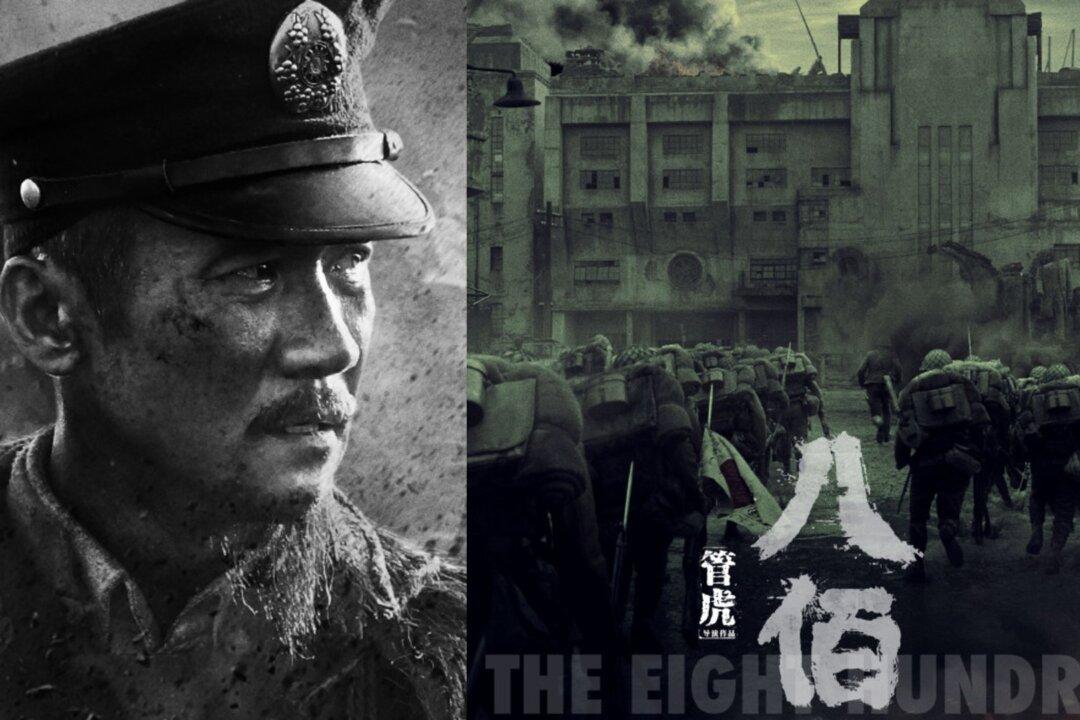Following a last-minute withdrawal from a prestigious international film festival, a highly anticipated Chinese war epic was canceled days before its scheduled release across Chinese theaters on July 5.
On June 25, the production team behind “The Eight Hundred” film posted an announcement on its official Weibo account, stating that the cancelation decision came after consultation with multiple parties, and that “a new release date will be announced at a later time.” Weibo is a popular social media platform similar to Twitter.





